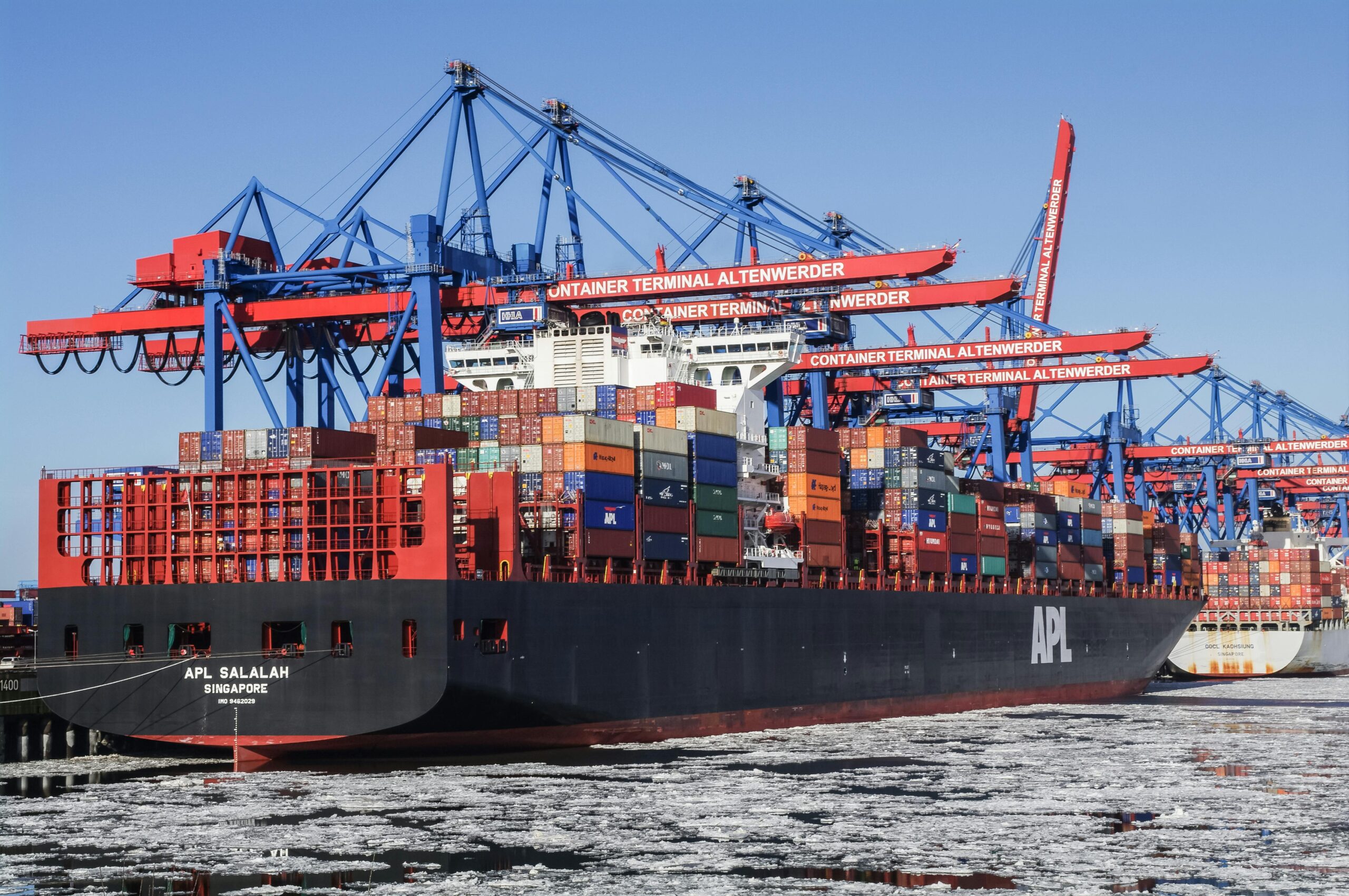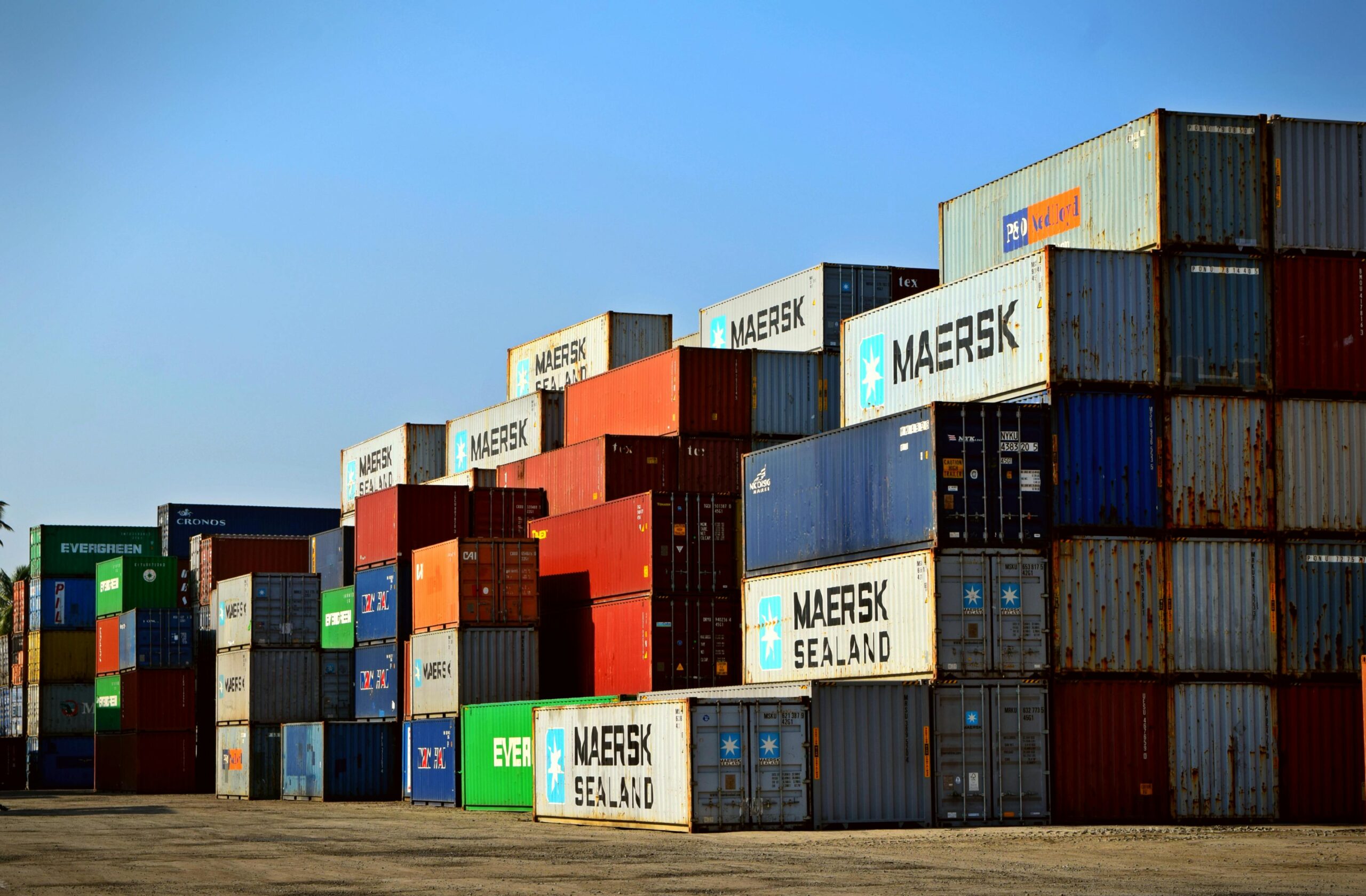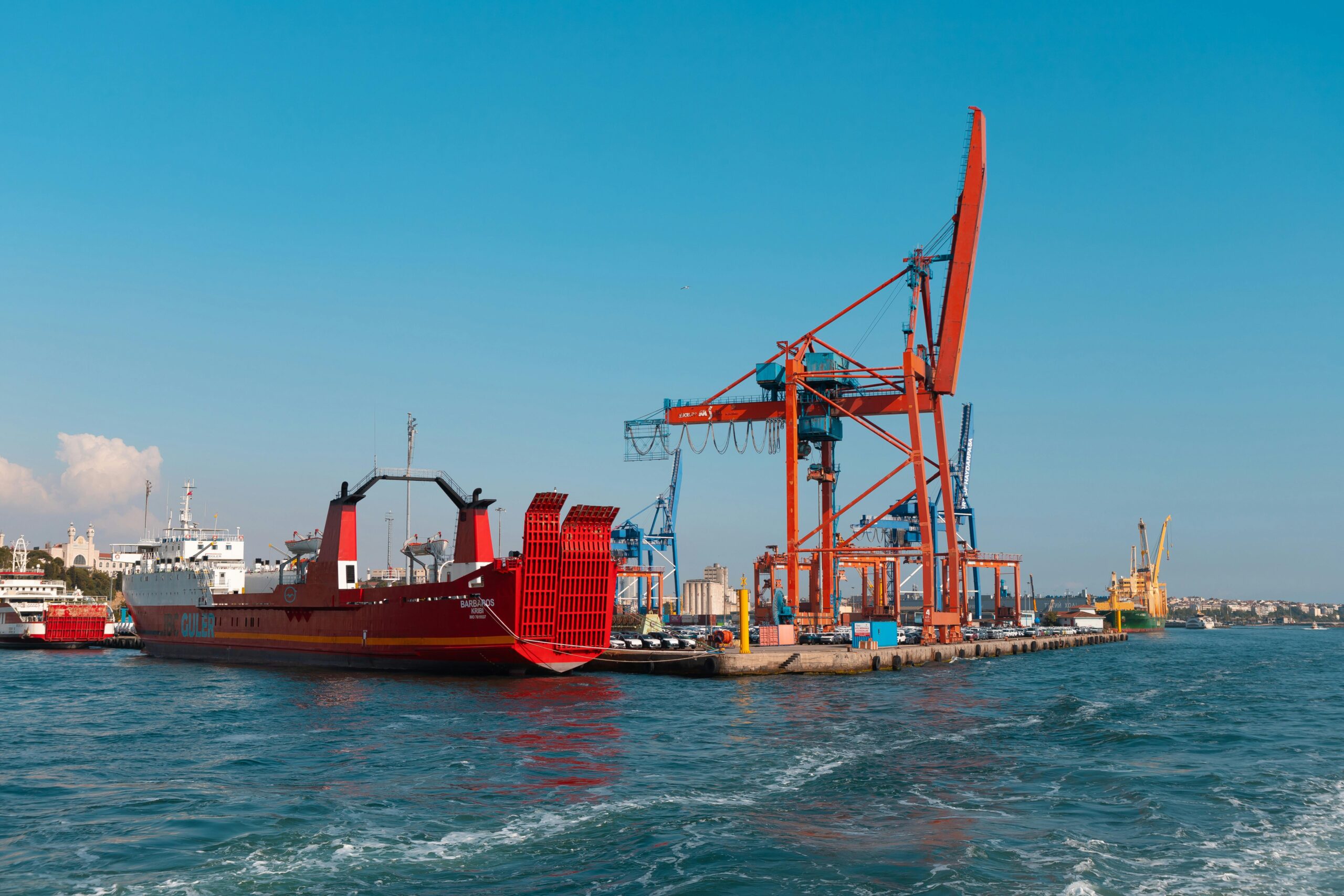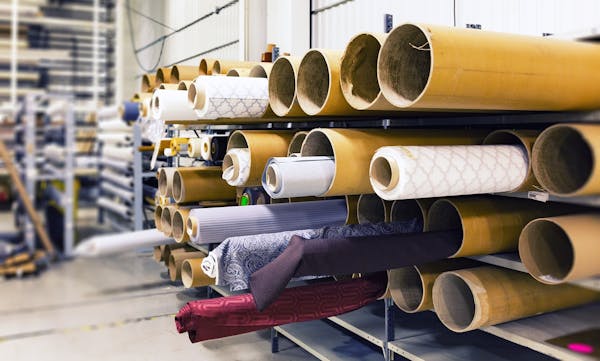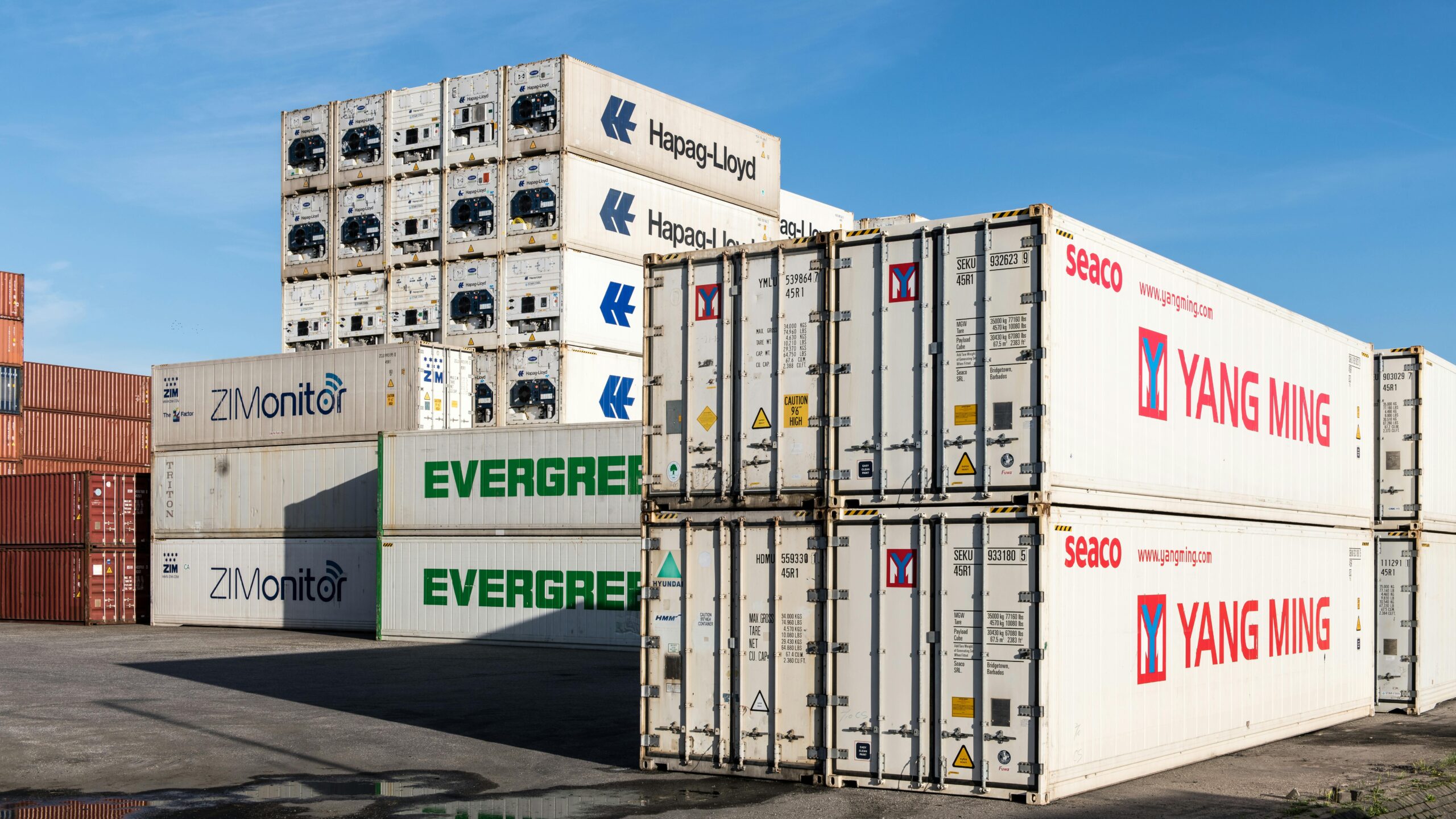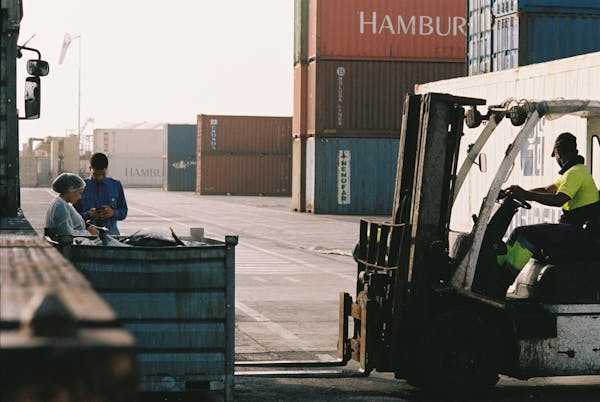The long-awaited UK-India Free Trade Agreement (FTA) is finally here, and it’s being described as the most significant bilateral trade deal the UK has signed since Brexit. Designed to reshape the trade landscape between the world’s fifth and sixth largest economies, the deal holds sweeping implications for industries, investors, and exporters across both countries. For Indian businesses with cross-border ambitions, this is more than just tariff relief, it’s a structural shift in global access, regulatory cooperation, and operational ease.
A Trade Agreement Decades in the Making
After years of diplomatic maneuvering and intensified negotiations, especially post-2020 when the UK left the European Union, India and Britain have finalized a trade agreement that aims to:
- Boost bilateral trade by over £25 billion ($34 billion) annually by 2040
- Facilitate market access across industries, from agriculture to aerospace
- Improve labor mobility and reduce compliance burdens for businesses
With trade between the two countries totaling £42.6 billion in 2024, the FTA unlocks potential across export, investment, and services trade channels.
What’s Changing: Tariffs, Taxes, and Trade Flow
For UK Exporters to India
India has traditionally imposed some of the world’s highest import tariffs. Under the new deal:
- 90% of UK products exported to India will see reduced duties
- 85% of those will be entirely tariff-free within a decade
- Duties on Scotch whisky and gin, previously at 150%, will gradually fall to 40%
- Tariffs on automotive exports such as EVs and car parts will be slashed from over 100% to just 10%
- Other beneficiaries include medical devices, electrical machinery, salmon, chocolate, cosmetics, and aerospace components
This opens the Indian consumer market to British goods at competitive prices, while making India a more attractive export destination for UK manufacturers.
For Indian Exporters to the UK
From India’s side, the FTA opens the UK’s high-income consumer base to a wide range of goods with zero or reduced tariffs on 99% of Indian exports.
Key Indian sectors expected to benefit:
- Apparel and textiles: Especially important for India’s labor-intensive garment sector, which employs millions
- Jewelry and gemstones
- Marine and leather products
- Auto parts, sports goods, and toys
- Engineering goods and processed foods
For Indian exporters, this provides better margins, market access, and diversification opportunities beyond traditional U.S. and EU markets.
Labor Mobility: A Win for Services and Tech Firms
Perhaps one of the most business-friendly aspects of the deal is the three-year exemption from dual social security contributions. Indian workers temporarily posted to the UK, and vice versa, will only pay into their home country’s system, avoiding double taxation.
Why This Matters:
- IT firms, consulting agencies, and engineering contractors can deploy teams to the UK with lower total compensation costs
- UK-based Indian professionals on temporary assignments will face fewer bureaucratic and financial hurdles
- The policy brings India in line with 17 other nations with whom the UK has similar arrangements
This provision is particularly useful for Indian companies expanding globally and needing to rotate talent across geographies, a common scenario for IT services, project-based consultancies, and global startups.
Procurement and “Make in India” Synergies
For British companies, the deal opens the doors to India’s vast public procurement market, estimated to be worth hundreds of billions annually. UK firms will gain access to supply goods, services, and infrastructure in India’s government-backed initiatives, especially in sectors like:
- Transportation
- Energy
- Healthcare
India has also offered preferential access for UK companies under its “Make in India” campaign, provided they establish a manufacturing presence locally. This presents a dual benefit: access to Indian government contracts and a potential production hub for regional exports.
The Carbon Border Dilemma
One unresolved issue, however, is Britain’s Carbon Border Adjustment Mechanism (CBAM), a climate policy that proposes taxes on imports from countries with less stringent environmental rules. While the FTA does not address CBAM directly, India has expressed concern and threatened reciprocal action if such tariffs are imposed.
Indian manufacturers and exporters should stay alert on this front. The long-term viability of carbon-intensive exports may be influenced by future regulatory decisions in the UK and EU.
What It Means for Cross-Border Indian Businesses
The UK-India trade deal is far more than symbolic. It offers operational, financial, and compliance advantages for Indian businesses that are ready to expand. That said, while tariff relief and labor flexibility make international operations easier, businesses still need to:
- Register UK entities
- File taxes and stay compliant with UK statutory laws
- Ensure audit readiness
- Navigate VAT and transfer pricing regulations
How Commenda Supports Indian Companies Going Global
As Indian firms explore market entry and expansion in the UK, they need infrastructure to ensure cross-border compliance, avoid regulatory penalties, and scale efficiently. Commenda enables just that by offering:
- Click-to-incorporate in the UK and 11+ countries
- Automated VAT and corporate tax filings
- Real-time compliance tracking with filing reminders
- Centralized document management for legal, HR, and financial operations
- Expert access for entity structuring and global tax strategy
Whether you’re a mid-market D2C brand, a global SaaS player, or a manufacturing exporter, Commenda helps you launch, manage, and grow your international footprint, without hiring a full legal team overseas.
Final Thoughts: Seize the Momentum
The UK-India trade agreement offers a rare alignment of political will, economic opportunity, and strategic access. For Indian businesses, the path to the UK, one of the world’s most consumer-driven, capital-rich, and services-oriented markets, has never been clearer or more cost-effective.
But this window won’t stay open forever. As more companies rush to take advantage of new incentives, first movers will have a significant head start in building brand presence, mastering compliance, and securing valuable customer relationships.
Commenda is here to help you make that leap, faster, smarter, and fully compliant.
Ready to unlock the UK market? Get started with Commenda today.
